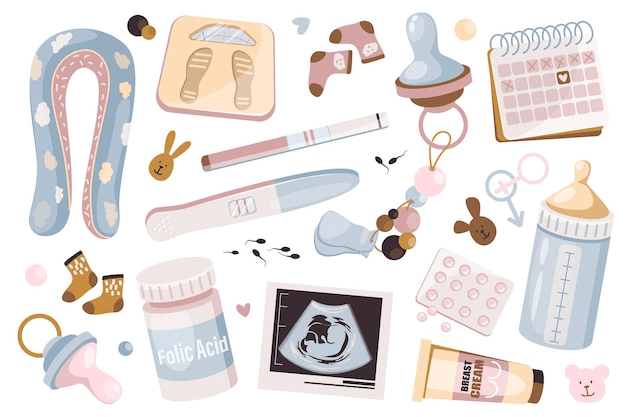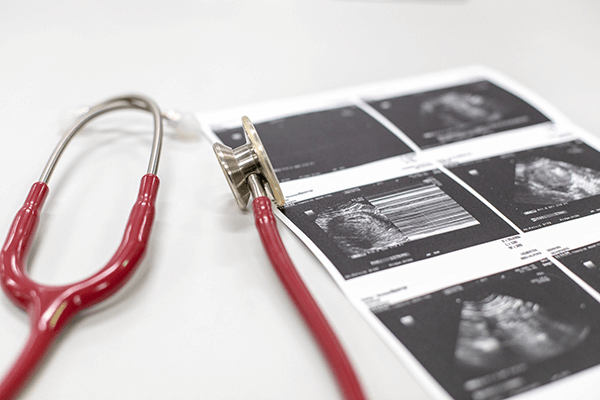Managing Low Blood Pressure During Pregnancy

Blood pressure fluctuations are quite common during pregnancy. While high blood pressure tends to be more prevalent, some women may experience low blood pressure. Generally, low blood pressure during pregnancy isn’t particularly dangerous, but it should still be monitored by your doctor. The primary concern with low blood pressure is the risk of fainting or falling, which could potentially lead to injuries for both the mother and baby.
Causes of Low Blood Pressure in Pregnancy
Several factors can contribute to low blood pressure during pregnancy. Understanding these can help in managing and preventing symptoms:
- Dehydration: One of the most common causes of low blood pressure is dehydration. This occurs when your body loses more fluids than it takes in, affecting the blood flow.
- Heat Exposure: High temperatures can lower blood pressure, and when combined with dehydration, this effect is amplified.
- Prolonged Standing: Standing for extended periods can also contribute to lower blood pressure.
Also read: Is Acupuncture Safe During Pregnancy?
Tips for Managing Low Blood Pressure
To reduce the risk of low blood pressure during pregnancy, consider the following tips:
- Stay Hydrated: Ensure you’re drinking plenty of fluids, particularly water. Hydration is crucial for maintaining healthy blood pressure levels.
- Lie on Your Side: When resting, lie on your side rather than on your back. This not only helps with blood flow but also relieves pressure on the sciatic nerve, which can alleviate sciatic pain common in pregnancy.
- Rise Slowly: When moving from a sitting to a standing position, do so slowly to avoid sudden drops in blood pressure that can cause dizziness or fainting.
- Exercise Regularly: Engaging in regular physical activity can help stabilize blood pressure. Exercise also prepares your body for labor and contributes to overall health during pregnancy.
Conclusion
While low blood pressure during pregnancy is generally less concerning than high blood pressure, it still requires attention. By staying hydrated, lying on your side, rising slowly, and exercising regularly, you can manage and mitigate the effects of low blood pressure. Always consult with your healthcare provider to ensure the best care for you and your baby.
Also read: Understanding RH Incompatibility: What Happens If I’m RH Negative And My Husband Is RH Positive?






